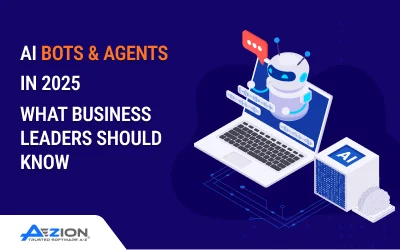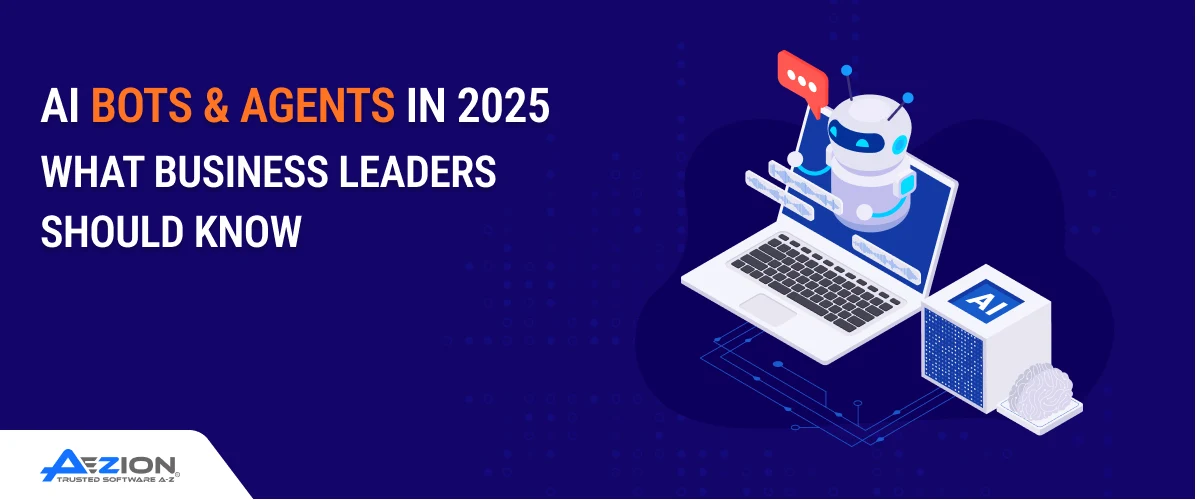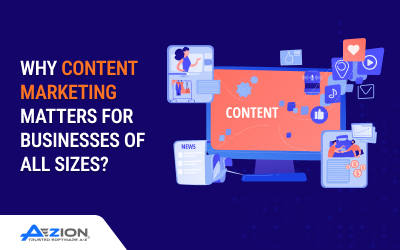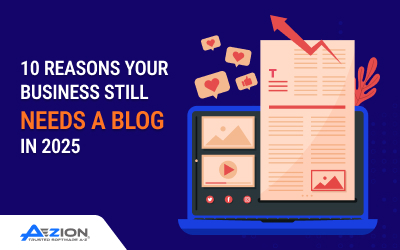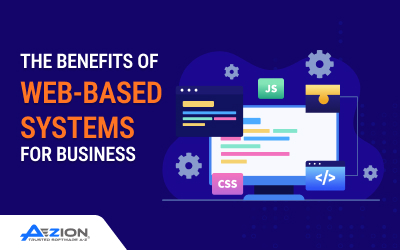Introduction to AI agents vs Bots
These days, An AI agent is a more advanced, autonomous system designed to tackle complex, multi-step tasks, while a bot (or chatbot) typically handles simple, scripted interactions with limited adaptability. The initial chatbots, which were simple and rule-based, developed into a complex system of intelligent agents that could learn, adapt, and cooperate across enterprise systems in real time.
As we make our way through 2025, it is no longer a matter of whether companies should implement AI agents, but how quickly they can move to scale them so that they remain competitive. Gartner estimates that by the end of this year, more than 50% of businesses will deploy AI agents in at least one key business process. These agents are not merely automating routine tasks; they’re revolutionizing decision making, work being accomplished, and innovation at scale.
Its foundation is innovation engineering, a proactive field that unites AI, automation, cloud computing, and scalable architecture to enable enterprises to convert emerging technologies into operational excellence. Businesses applying this method are not merely becoming more efficient; they’re revolutionizing their business.
At Aezion, we’ve seen firsthand how innovation engineering accelerates the adoption of smart systems. From reducing operational friction to creating AI-native platforms, our Innovation Engineering Services are designed to help you unlock the full potential of agent-based automation—securely, strategically, and at scale.
Whether you’re a new business looking to deploy your first AI assistant or a company changing your value chain, today’s the day to go from pilots to production. The smart work future is here, agents, not apps.
Understanding the Evolution: Bots vs AI Agents
1. What Are AI Bots?
AI bots are software application that leverage artificial intelligence to automate tasks, communicate with users, and simulate human-like interactions, often through text or voice. Like traditional systems, bots operate within a predetermined set of rules, scripts, or decision trees. A support bot can, for example, walk a user through the refund process with specified conditions.
These bots are very convenient for repetitive actions, but they cannot understand, determine context, or deviate from what was determined in the first place.
2. How AI Agents Differ from Traditional Bots
AI agents differ from traditional bots in their ability to operate autonomously, adapt to new situations, and perform complex, multi-step tasks. Traditional bots follow rigid, pre-programmed rules and can only respond to specific, predefined inputs, making them suitable for simple, repetitive tasks like answering FAQs or processing basic requests.
Agents can:
- Recognize intent instead of keywords.
- Learn from data and experiences.
- Make decisions with limited human oversight.
- Interact with other systems or agents to perform intricate tasks.
3. Key Characteristics of Modern AI Agents
- Autonomous Reasoning: They make decisions independently based on defined goals.
- Contextual Awareness: They know and adapt to context throughout conversations and systems.
- Continuous Learning: They optimize performance over time through reinforcement learning and data feedback loops.
- Multi-System Orchestration: They can simultaneously use CRM, ERP, scheduling software, and external APIs.
This revolution is stimulated by the greater integration of innovation engineering practices, where multidisciplinary proficiency in AI, data pipelines, cloud-native design, and process automation is harmonized to deliver scalable, intelligent systems.
This evolution is driven by a deeper integration of innovation engineering practices, where cross-disciplinary expertise in AI, data pipelines, cloud-native design, and process automation come together to create scalable, intelligent systems.
For a full breakdown of bot architecture, agent workflows, and enterprise use cases, don’t miss our detailed guide: The Complete Guide to AI Bot Development for Modern Enterprises.
Business Use Cases: Where AI Agents Deliver Value
AI agents are no longer limited to sci-fi research or test pilots they’re already creating quantifiable value across mainstream business domains. By integrating machine learning, natural language processing, and self-directed decision-making, AI agents now perform duties that previously required teams of workers.
Here’s how companies are using them today:
1. Customer Service and Support
AI agents are driving next-generation virtual assistants that can:
- Manage Level 1 and Level 2 support requests.
- Conduct sentiment analysis and escalate tough cases.
- Bring in data from CRMs and knowledge bases in real-time..
2. Sales & Marketing Automation
From lead scoring to campaign orchestration with personalized messaging, AI agents:
- Inspect prospect behavior across touchpoints.
- Recommend best messaging, timing, and channels.
- Auto-generate personalized emails, landing pages, and offers.
3. HR, Admin, and Scheduling
AI agents can now:
- Automate interview scheduling, reminders, and onboarding checklists.
- Shortlist prospects by role fit and engagement patterns.
- Manage administrative functions such as leave requests, expense reports, and timesheets in real-time.
4. Finance, Compliance, and Risk
Finance departments are utilizing AI agents for:
- Reconciling transactions, identifying anomalies, and carrying out forecasts.
- Enabling compliance reporting and audit trails.
- Identifying probable fraud patterns across systems.
5. Operations and Supply Chain
Agents are optimizing core operations by:
- Anticipating supply requirements from demand signals.
- Automatically coordinating supplier communications.
- Reduce downtime with predictive maintenance.
This is what businesses from any domain can acquire with the help of Aezion’s Innovation Engineering Services providers to accelerate their AI adoption without hesitation.
Market Trends and Facts
What are the relevant trends and facts for 2025 that matter?
1. Enterprise Adoption Is Rapid
- According to Gartner, over 52% of enterprises have already implemented AI agents in at least one core function, and an additional 35% plan to by 2027.
- 94% of global executives view AI agents as essential to their digital strategy, while fewer than half feel prepared to scale.
2. Performance Benchmarks Are Clearing Doubt
- Accenture achieved a 31% reduction in marketing cycle time after embedding AI agents in campaign workflows.
- Siemens reduced operational downtime by more than 50% with predictive maintenance through autonomous agents.
3. Momentum Across Industries
Different industries implementing these trends are:
- Healthcare: Automating patient intake, supporting diagnostics, and processing claims.
- Retail: Dynamic pricing, inventory forecasting, and virtual shopping assistants.
- Manufacturing: Predictive maintenance, automatic procurement, quality assurance.
- Finance: Fraud detection, risk scoring, and regulatory compliance.
Benefits of Implementing AI Agents
This is how businesses are realizing value from AI agents in 2025:
1. Always-On Productivity
- AI agents operate 24/7 without fatigue, lag, or mistakes.
- Can handle thousands of customer interactions simultaneously.
- Process real-time inquiries across worldwide time zones.
- Keep operations flowing while staff sleep.
2. Cost Savings and Efficiency Gains
- Cut operational overhead.
- Eliminate errors in data entry and process execution.
- Reassign staff to higher-value, strategic positions.
3. Accuracy, Speed, and Consistency
- Quicker than humans at data processing.
- More adept at identifying patterns in large data sets.
- Resistant to fatigue-caused errors.
4. Strategic Innovation and Agility
- Reimagine how workflows are designed.
- Quickly adapt to market changes with modular, scalable automation.
- Innovate faster with cross-functional orchestration.
5. Enhanced Decision Intelligence
- Predictive insights from real-time data.
- Suggested next steps based on trends and anomalies.
- Contextual intelligence to guide human decisions.
Challenges and Considerations
Here are the major considerations:
1. Data Privacy and Security
AI agents live on data, which is usually comprised of sensitive customer, employee, or financial data.
Critical concerns are:
- Data governance: Who owns, manages, and audits data?
- Secure integration with internal systems and APIs.
- Real-time access control and encryption protocols.
Solution: Implement zero-trust security principles and integrate with GDPR, HIPAA, or ISO 27001 standards during AI agent development.
2. Legacy System Integration
AI agents are most effective in integrated environments, yet most enterprises still work on siloed or legacy systems.
Critical concerns are:
- Siloed data warehouses.
- Hard-coded ERP, CRM, or HRMS platforms.
- No API infrastructure.
Solution: Innovation engineering bridges these gaps through API orchestration, middleware layers, and modular architecture, turning outdated systems into AI environments.
3. Resistance of Workforce and Role Clarification
AI agents raise anxiety about job loss or redundancy, particularly when undertaking cognitive work.
Critical concerns are:
- Miscommunication regarding the purpose of AI.
- Skill deficiencies in AI literacy.
- Insufficient role clarity when humans and agents work together.
Solution: Apply change management techniques, upskilling initiatives, and role design methodologies to make agents complement, not substitute, human teams.
4. Governance, Compliance, and Ethics
As AI agents decide, the pressure mounts for explainability, fairness, and control.
Critical concerns are:
- Biased models impacting hiring, lending, or resource allocation.
- Insufficient human monitoring or audit trails.
- Excessive use of black-box algorithms.
Solution: Embed accountable AI practices in your development process, including explainable AI (XAI), human-in-the-loop mechanisms, and ongoing audits.
5. Scaling Beyond Pilots
Several organizations struggle to scale AI agent effectiveness from one use case to whole-enterprise adoption.
Critical concerns are:
- Tool sprawl due to excessive numbers of unrelated solutions.
- Diverse data models by department.
- Trouble repeating success in geographies or teams.
Solution: A strategic innovation engineering strategy establishes a repeatable, scalable model for deploying, operating, and upgrading AI agents across business units.
How Aezion Helps Businesses Prepare for AI Agents
The integration of AI agents is more than simply a technology upgrade; it represents a business change to the company. Organizations need to take a strategic, cross-functional approach, based on innovation engineering principles, in order to realize maximum value and minimize risk.
Here are some quick preparations:
1. Identify High-Impact Use Cases
Start with assessing where AI agents can deliver measurable value quickly:
- Repetitive tasks
- Bottlenecks in workflows
- Low-hanging fruit in cost reduction or productivity gains
2. Assess Infrastructure Readiness
Your AI agents are only as powerful as the ecosystem they live in.
Evaluate your:
- Data ecosystem: Is it accessible, clean, and structured?
- APIs & integrations: Can your tools communicate with each other?
- Cloud maturity: Are you taking advantage of scalable and elastic compute?
Aezion’s Innovation Engineering Services can help modernize legacy systems, build real-time data pipelines, and deploy cloud-native architectures for intelligent automation.
3. Define Roles and Responsibilities
AI agents erase the distinction between technology and decision-making. Ensure:
- Clear ownership
- Governance policies
- Ethical guardrails
4. Train Your Employees for Human-Agent Interaction
AI agents will transform your employees’ work. Prepare them for success with:
- AI literacy training: Educate staff to utilize, manage, and enhance agents.
- Role evolution: Update job roles to involve agent interaction.
- Change management support: Discuss why AI adoption is needed.
5. Iterate, Measure, and Scale
AI agent adoption is an ongoing process, not a single implementation.
- Monitor KPIs and user feedback.
- Continuously train and fine-tune agents.
- Scale successful use cases across departments or countries.
With the right innovative engineering framework, your business can move beyond isolated experiments to build an intelligent, scalable agent ecosystem that drives competitive advantage for years.
The Future of Intelligent Agents
What to look for:
- Outcome Ownership: Agents will handle end-to-end processes such as inventory rerouting or financial reconciliation without explicit manual triggers.
- Ecosystem Thinking: Agents will operate in coordinated ecosystems, passing activities, data, and decisions between departments.
- Strategic Innovation: Smart agents suggest new services, streamline processes, and unveil hidden opportunities.
- Human-AI Collaboration: Companies will re-architect operations so that humans and agents collaborate seamlessly.
Businesses require more than AI to prepare themselves. They need innovation engineering to create safe, scalable, and future-proof systems that enable agent-driven transformation.
Final Thoughts
AI agents will be more competitive by the end of 2025. Companies accelerating their digital transformation will benefit from intelligent agents. They will be able to scale faster and smarter through innovation.
The goal is not simply deploying AI tools, but to create smart systems that are scalable, secure, and most importantly, aligned to the business. That is where innovation engineering fits in to help organizations transition from automated processes to intelligent ecosystems that adapt to the business.
It doesn’t matter if you dive into your first AI use case or deploy an Enterprise agent strategy. Aezion’s Innovation Engineering Services were built to help you navigate this change with clarity, speed, and long-term success.
Frequently Asked Questions:
1. What’s the difference between an AI bot and an AI agent?
AI bots enact change based on predetermined rules. AI agents are independent and self-adjusting and can learn, reason, and cooperate across systems.
2. Are AI agents costly to deploy?
Initial costs are variable, yet AI agents frequently provide high ROI from automation, fewer errors, and quicker decision-making. To manage costs, begin with a targeted pilot.
3. How do I determine if my business is ready for AI agents?
If your company possesses digital workflows, accessible data, and repetitive processes, it is most likely ready. An innovation engineering partner can measure readiness and facilitate implementation.
4. Will AI agents replace my employees?
No. AI agents are designed to augment, not replace, human roles. They handle routine tasks so employees can focus on strategy, creativity, and innovation.
5. What infrastructure is needed for AI agents?
A clean, accessible data, cloud or hybrid systems, and integration capabilities (APIs). Innovation engineering helps build this foundation.
6. Are AI agents secure and compliant?
Yes, it is. If built responsibly with strong governance, data privacy, auditability, and compliance with standards such as GDPR or HIPAA.
